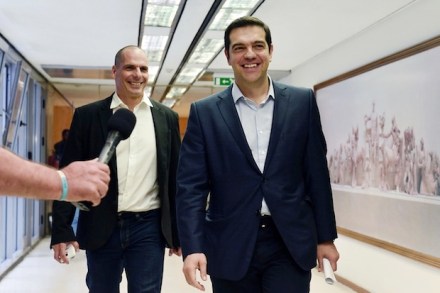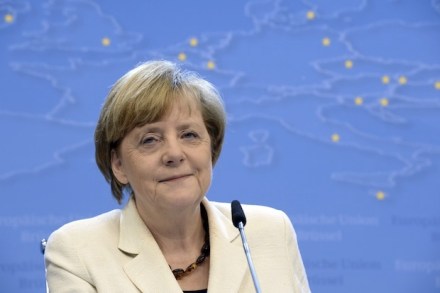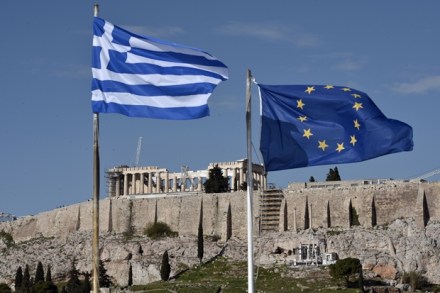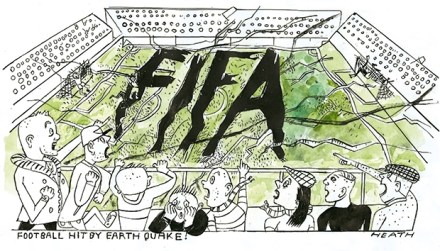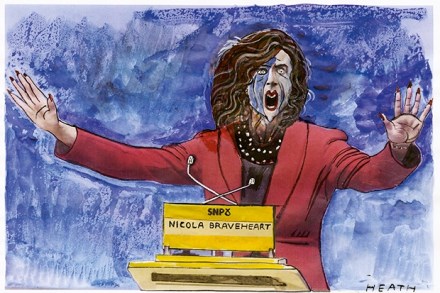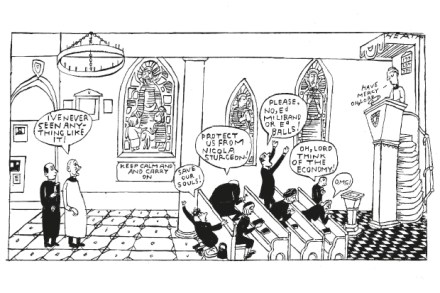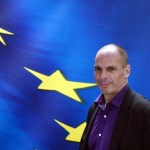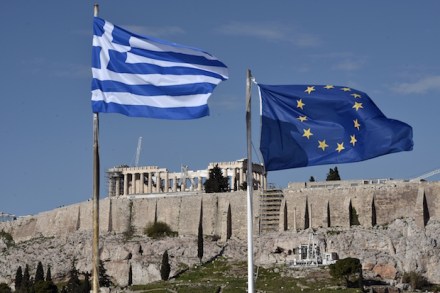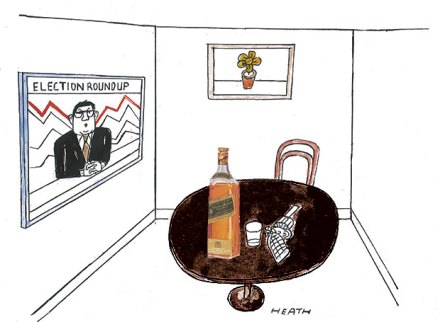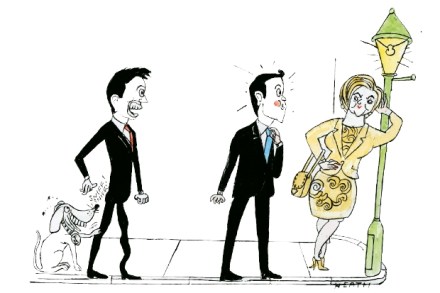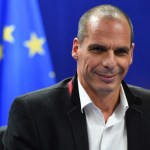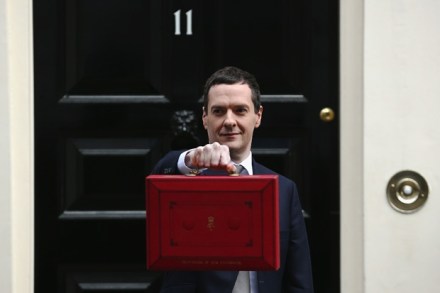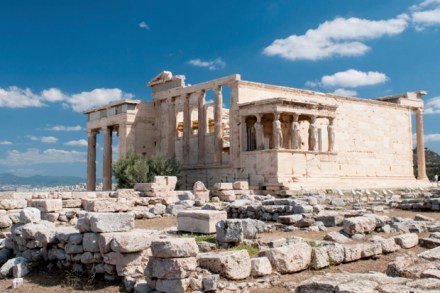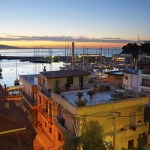If Grexit happens, parliamentary egotisms may well be to blame
In 1987, the American historian Richard R. Johnson wrote a quite brilliant essay explaining how a clash of legislatures had contributed to the American declaration of independence. In short, his argument was that a deal was eminently achievable, but ‘parliamentary egotisms’ made it impossible to achieve. Westminster wouldn’t give way to the Massachusetts Assembly and vice-versa, for they feared that any concessions would strengthen the power of the crown against them. I wonder, increasingly, if history won’t end up saying something similar about the Greek crisis. The gap between the various sides is actually relatively small. But neither side wants to be seen to back down and both want the
